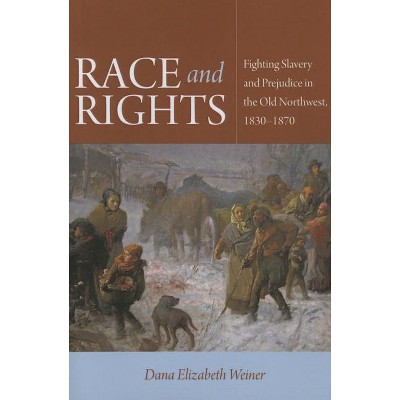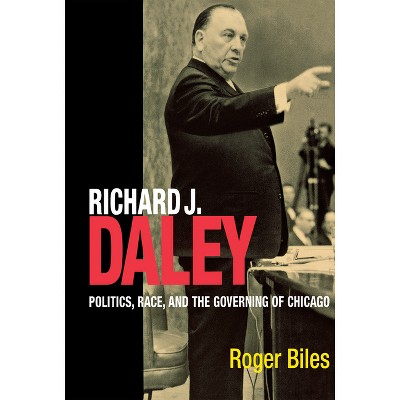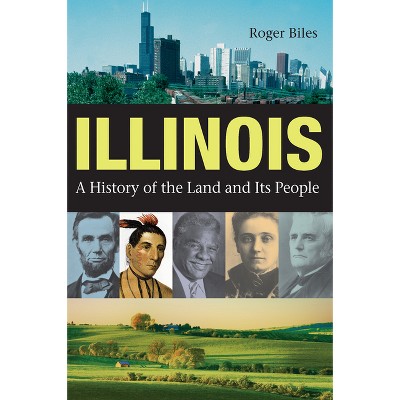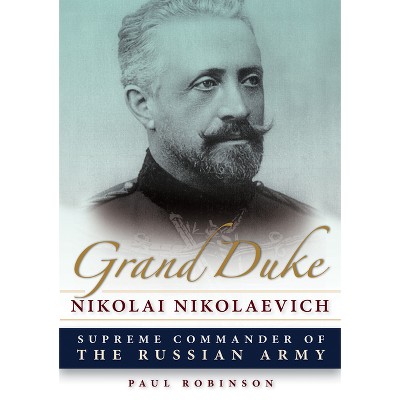About this item
Highlights
- In this original study of six notable reformers, Alison Parker skillfully illuminates the connections between the gradual transformation of reform strategies over the course of the nineteenth century and the political ideas of the reformers themselves.
- About the Author: Alison M. Parker is Associate Professor and Chair of the history department at SUNY College at Brockport.
- 302 Pages
- Biography + Autobiography, General
Description
About the Book
In this original study of six notable reformers, Alison Parker skillfully illuminates the connections between the gradual transformation of reform strategies over the course of the 19th century and the political ideas of the reformers themselves. Parker argues that American women's political thought evolved from an emphasis on reform through moral suasion and local control into an endorsement of expanded federal power and a strong central state. This book reveals Fanny Wright, Sarah Grimké, Angelina Grimké Weld, Frances Watkins Harper, Frances Willard, and Mary Church Terrell to be political thinkers who were engaged in re-conceptualizing the relationship between the state and its citizens.
Collectively and individually, black women made a significant contribution to the shift toward an activist central state by strongly supporting a federal government with expanded authority to protect and enforce civil rights. Offering profiles of two black reformers, Parker explores the complex role that race played in the political thought and strategies in both black and white women reformers. Paying particular attention to the ways in which women's ideas about the state and citizenship factored into their struggles for racial and sexual equality, Parker illuminates the wide-ranging and creative ways in which they engaged in politics. For scholars interested in 19th-century women, race, or reform in American history, this significant study offers a fresh take on these vital topics.Book Synopsis
In this original study of six notable reformers, Alison Parker skillfully illuminates the connections between the gradual transformation of reform strategies over the course of the nineteenth century and the political ideas of the reformers themselves. Parker argues that American women's political thought evolved from an emphasis on reform through moral suasion and local control into an endorsement of expanded federal power and a strong central state. This book reveals Fanny Wright, Sarah Grimké, Angelina Grimké Weld, Frances Watkins Harper, Frances Willard, and Mary Church Terrell to be political thinkers who were engaged in re-conceptualizing the relationship between the state and its citizens. Collectively and individually, black women made a significant contribution to the shift toward an activist central state by strongly supporting a federal government with expanded authority to protect and enforce civil rights. Offering profiles of two black reformers, Parker explores the complex role that race played in the political thought and strategies in both black and white women reformers. Paying particular attention to the ways in which women's ideas about the state and citizenship factored into their struggles for racial and sexual equality, Parker illuminates the wide-ranging and creative ways in which they engaged in politics. For scholars interested in nineteenth-century women, race, or reform in American history, this significant study offers a fresh take on these vital topics.
Review Quotes
Parker offers a provocative and illuminating study of nineteenth-century women's political thought. By including white and black women in the same volume, she overcomes a major flaw in the scholarship.
--Carol Faulkner, Maxwell School of Syracuse UniversityParker offers an original and nuanced inquiry into everyday political thought, arguing that it pivoted particularly on the axis of race and gender. Articulating Rights discovers a robust conversation about politics--about difference and equality, about state action and individual rights, about citizenship and identity--ongoing among white and black women activists who were far less known than either luminaries of the women's rights movement such as Elizabeth Cady Stanton or critics such as Catharine Beecher.
--Amy Dru Stanley, The University of ChicagoAbout the Author
Alison M. Parker is Associate Professor and Chair of the history department at SUNY College at Brockport. She is the author of Purifying America and the co-editor of Beyond Black & White and Women and the Unstable State in Nineteenth-Century America. She is also co-editor of the Gender and Race in American History book series for the University of Rochester Press.












